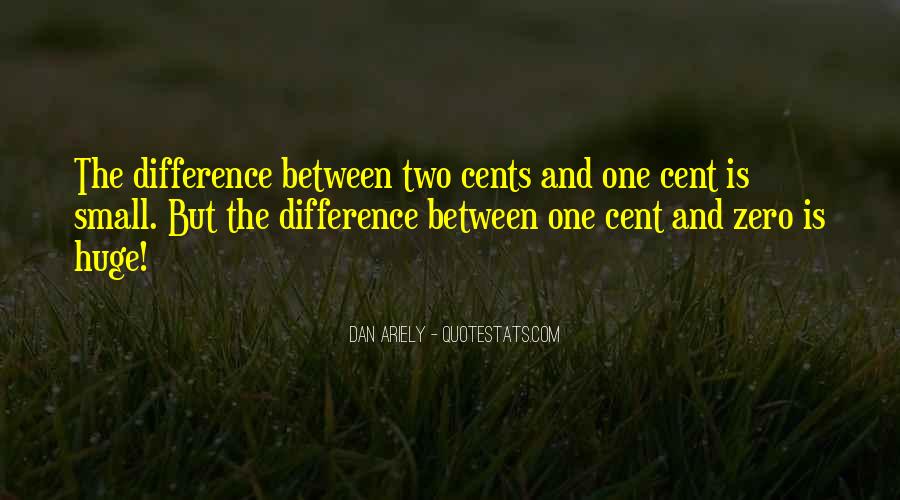Was going through a very insightful book named Predictably Irrational: The Hidden Forces That Shape Our Decisions.
It is written by Dr. Dan Ariely and looks at our self-defeating behavior, the power of suggestion, of procrastination, the effects of placebos and many other aspects of our lives that we are often unaware of.
Dr. Dan tries to establish that we humans are just opposite to what standard economic theory says about us.
Standard economic theory assumes that we are rational, but we are not. Most of the time, we’re deeply irrational. Just because we’re irrational, however, it doesn’t follow that we’re chaotic. Our behavior isn’t random.
We are pawns. Most of the time we don’t understand what’s really going on. We think we’re in the driver’s seat and steering the course of our lives, but we are wrong. We’re really the victims of our own instincts and impulses.
Let’t learn more about this irrational human behaviour with few day-to-day examples.
Here’re 3 interesting take-aways from the book, especially focused on our relationship with money .
1.Humans are happy to work for free
Market Norms Vs Social Norms
There are social norms and market norms — each with completely different sets of rules.
Social norms encourage community. If someone does you a favor, you aren’t obliged to pay it back immediately. Similarly if you do something for the community, you don’t expect to be paid back.
Social norms are not only cheaper, but often more effective as well.
Market norms, on the other hand, are less emotional in content. Transactions require immediate payment or terms for payment.
Social and market norms usually don’t mix together very well.
Smart people as well as organizations tend to use social norms to extract the work from others .
MONEY, as it turns out, is very often the most expensive way to motivate people.
How Organisations use it against its employees ?
Do you know why companies have mission statements ?
The companies never say that they’re working for profits but they would again and again emphasize that they’re ,somehow, trying to change the world for better, trying to improve the quality of life for their customers and many other blah ,blah, blah !
This is one of the tricks on behalf of the modern employers to motivate their employees to work more , to put additional efforts without asking for extra rupees !
By linking their employees to some larger-than-life social mission, they try to use the social norms to get the more work done with less cost.
People are willing to work free, and they are willing to work for a reasonable wage; but offer them just a small payment and they will walk away.
A few years ago, for instance, a survey asked some lawyers if they would offer less expensive services to needy retirees, at something like $30 an hour.
The lawyers said no. Then the program manager from the survey company, had a brilliant idea: he asked the lawyers if they would offer free services to needy retirees. Overwhelmingly, the lawyers said yes.
What was going on here?
How could zero dollars be more attractive than $30? When money was mentioned, the lawyers used market norms and found the offer lacking, relative to their market salary.
When no money was mentioned they used social norms and were willing to volunteer their time. Why didn’t they just accept the $30, thinking of themselves as volunteers who received $30? Because once market norms enter our considerations, the social norms depart
People choose to work more if they do it for free or if well-compensated but not if it is compensated with a little money. Don’t you think that it is a beautiful example of irrational human behaviour!
When price is not a part of the exchange, we become less selfish maximizers and start caring more about the welfare of others.
2.Relativity
Understand that relativity is everywhere, and that we view everything through its lens.
A man’s satisfaction with his salary depends on (are you ready for this?) whether he makes more than his wife’s sister’s husband or his class-mate or his neighbor.
What consumers are willing to pay can easily be manipulated, and this means that consumers don’t in fact have a good handle on their own preference.
When the coffee ambience looked upscale, in other words, the coffee tasted upscale as well.
Starbucks did everything in its power to make the experience of coffee-drinking feel very different—so different that we would not use the prices of coffee at any other road-side shops .
One thing restaurant-industry has learned is that high-priced dishes on the menu boost revenue for the restaurant-even if no one buys them.
Why?
Because even though people generally won’t buy the most expensive dish on the menu, they will order the second most expensive dish.
Thus, by creating an expensive dish, a restaurant can lure customers into ordering the second most expensive choice (which can be cleverly engineered to deliver a higher profit margin)
People usually aim for a middle ground on things. These people are behaving irrationally, but their irrationality is predictable.
3. Free -Our obsession with anything called ‘free’
Free is incredibly powerful at driving human behavior.
And sometimes we make decisions on this basis that aren’t in our best interest
People will jump for something free even when it’s something they don’t want, and this strong emotional impact of a free price is called the zero price effect.
When Amazon offered free shipping with purchases of two or more books, some people who didn’t necessarily want two books probably bought two books anyway, just to score the free shipping.
Amazon’s sales rose everywhere — except in France. Why not France? It turns out, the French were still charging a franc for shipping. While only about $0.20, this was enough to affect behavior. Once they got rid of the one franc shipping charge, sales in France rose (fast) like everywhere else.
It is just another example of irrationality of human behaviour spread all across the world!
Let me end this summary with a quote from the book :

If you liked this article, you might like to read this article also ‘The Illusion and Meaning of Life’ , that gives a broader prespective of irrational human behaviour.
7 claps





